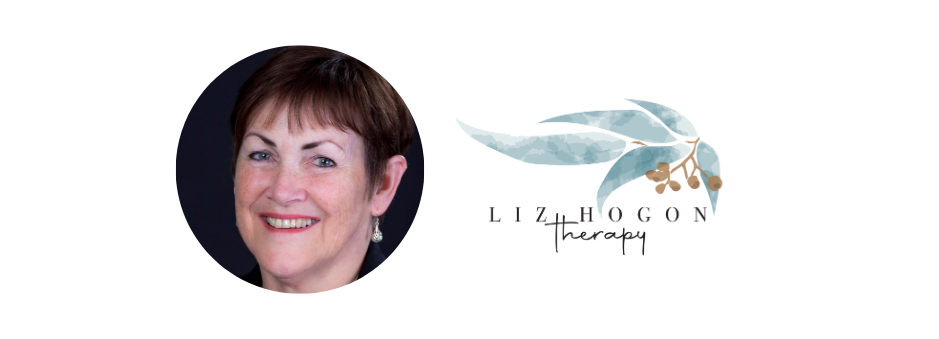So what is bulimia?
People with bulimia have a preoccupation with weight and body shape.
Similarly to people suffering from anorexia and other eating disorders, they tend to judge themselves harshly for any perceived flaw, no matter how insignificant.
A bulimic feels trapped in an addictive relationship with food. It’s common for sufferers to feel as if they are living in a world of shame and secrecy, buying massive amounts of food and consuming it when there is no-one else around. Bulimia nervosa is characterised by binging and purging - if the behaviour is only bingeing then they are said to be suffering with binge eating disorder.
Many bulimics are of a normal weight so those closest to them are frequently unaware of the problem.
Bulimia sufferers have a fear of gaining weight but that doesn't mean that they are all underweight and can actually be very overweight or obese. By bingeing and purging they are hoping to keep control of any further weight gain.
Are there any dangers with bulimia?
In a word... yes! The stress placed on the body through the continual bingeing and purging can cause heart palpitations, arrhythmia, heart attacks or even death. The acid from the vomiting erodes the teeth enamel, leading to tooth decay. For women, bulimia has also been known to cause fertility issues. Gastric reflux, stomach pain and tears to the stomach lining are just a few of the complications experienced by bulimics.
Who is at risk of developing bulimia?
Statistics show that women are more likely than men to develop an eating disorder, It's usually younger females who develop this issue but it's not uncommon to see older people also with this problem. Anyone of any age and from any cultural background can present with an eating disorder.
What are the eating disorders?
Anorexia Nervosa:
Possibly the best known of the eating disorders the symptoms of Anorexia Nervosa include severe weight loss, excessive exercise, lying about their food intake, social withdrawal and often self-harming.
Anorexics are nearly always perfectionists, setting targets well beyond their reach. Failure inevitably ensues and so the anorexic then takes control of the one part of his/her life that can be controlled which of course is their weight and food intake.
Bulimia Nervosa:
Bulimia is becoming much more common now. Sufferers usually spend a lot of money on comfort foods at the store and this is followed by a private binge. After this there is the purge (vomiting) and along with this is often excessive exercise, use of laxatives and sometimes even periods of self-imposed starvation.
Binge eating:
Binge eating is also done in secret. Binge eating, however, doesn't have the purging behaviour. The sufferer can therefore put on large amounts of weight which they often find very difficult to shift.
Body dysmorphic disorder:
People suffering with this disorder are totally obessesed with their bodies. They believe that certain parts of their bodies are defective and become totally preoccupied often to the point of resorting to cosmetic surgery. Depression is common and some resort to suicide.
Orthorexia:
Orthorexia is an unhealthy obsession with eating only healthy or "pure" foods. It appears to be more common now possibly due to the profusion of foods marketed as healthy and organic. Like anorexia nervosa, orthorexia is a disorder rooted in food restriction. The orthorexic, however, is more concerned about the type and quality of the food intake rather than the restriction.
Treatment of Eating Disorders
The good news is there is help available using the techniques I have available in my clinic.
I also have a wonderful and highly effective treatment where you can learn how to understand why you have the eating disorder and how to change it. When you change the way you think and feel about yourself you can overcome those symptoms and live a happier and more positive life.
People who are suffering from common psychological and health-related conditions are often convinced that their symptoms are happening to them. Consequently they can then feel completely powerless to improve their situation. With this treatment you can completely alter the way you view yourself... and it's not difficult!
You will be asked to agree to a free initial consultation before proceeding with any treatment.
I successfully conduct sessions via Skype so regardless of where you are in the world I can help you. All you need is an iPad, laptop or PC, a good internet connection, a Skype account (it’s free) and some privacy. Skype can be downloaded for a PC or Mac by clicking on the Skype logo immediately below or, if you have an iPad, going to iTunes and downloading the app.
If you would like to finally feel in control, calm and peaceful, please either email or call me on 0409 254 500 and we can arrange for a free no obligation consultation. We can discuss your options and you will be able to get clear answers on any questions you may have. There is no obligation on either your part or mine!


